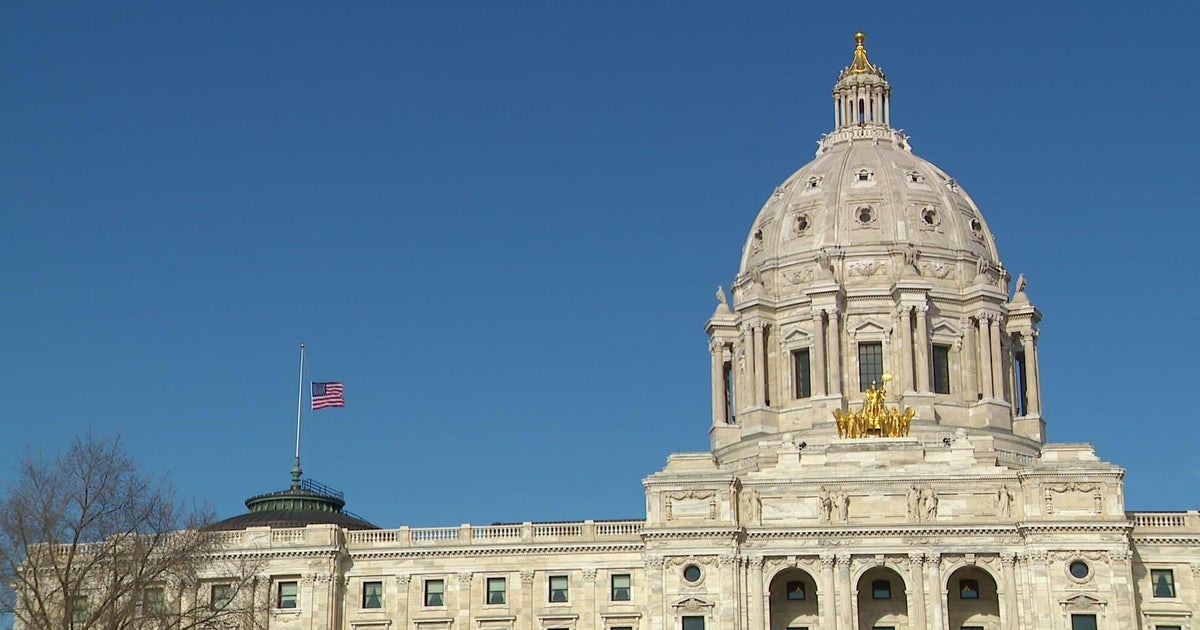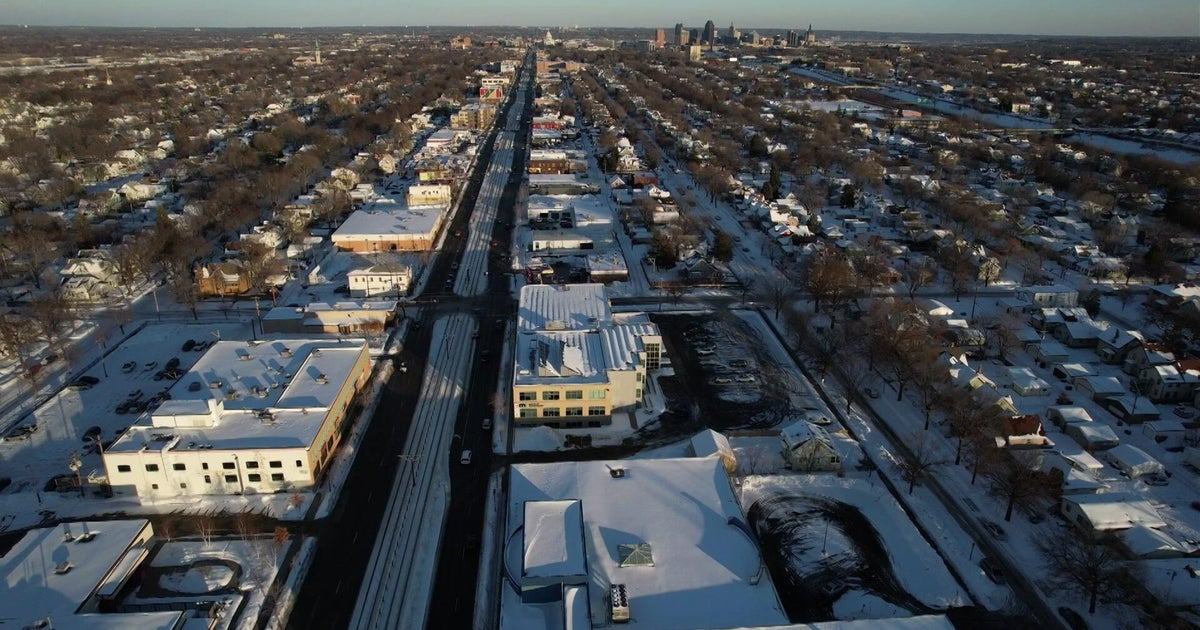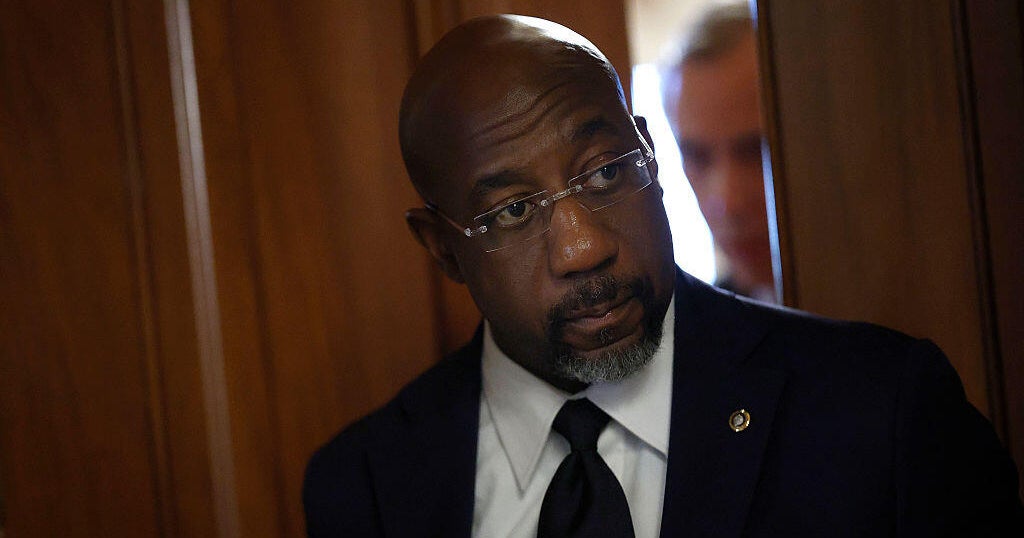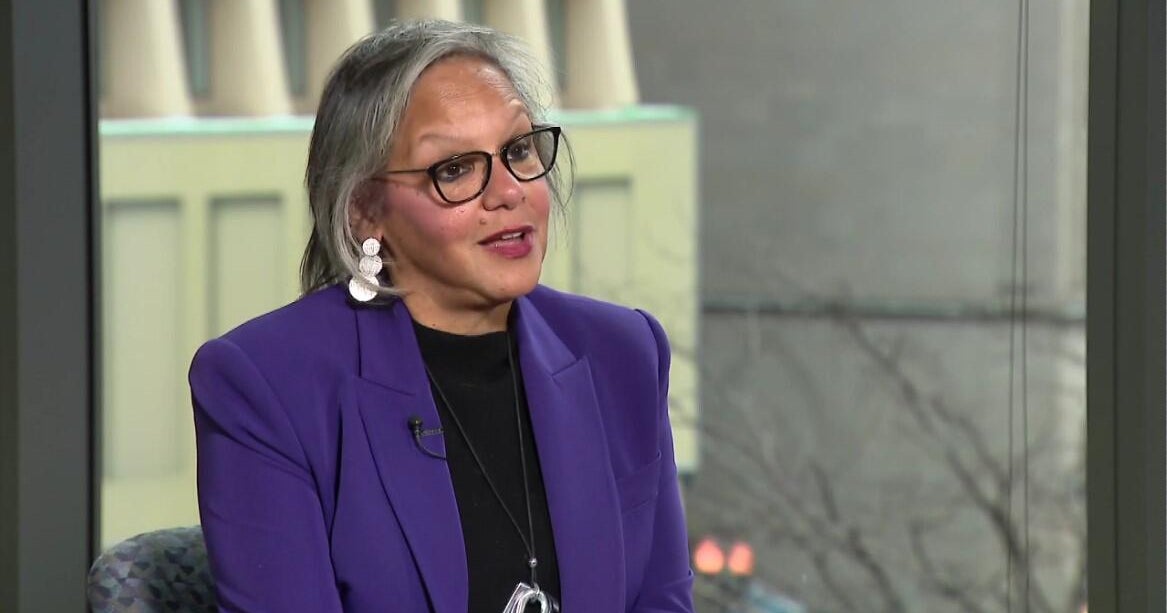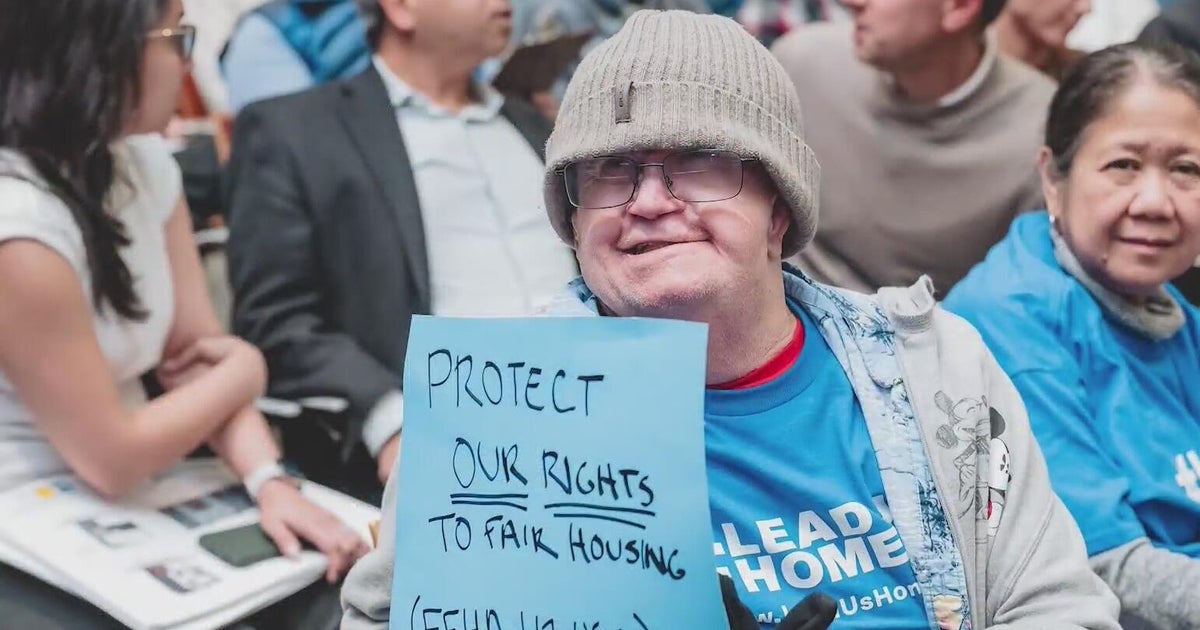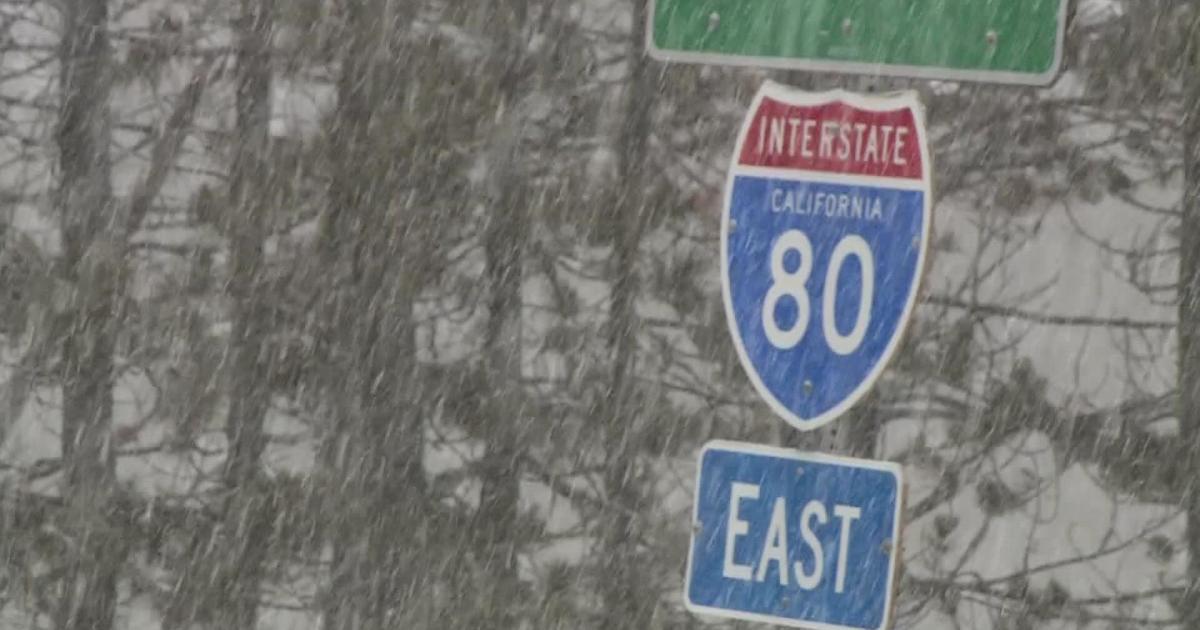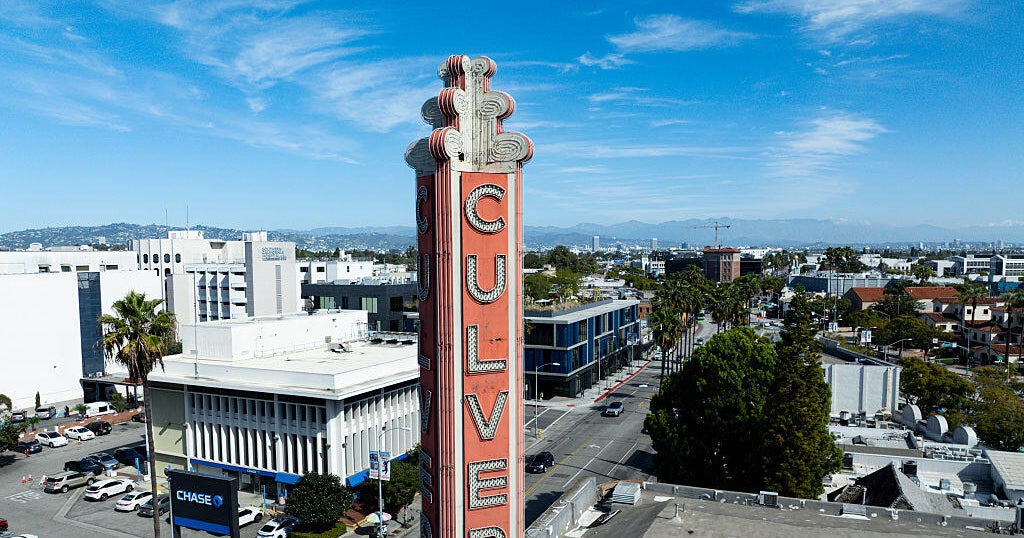Full House Debate Begins On Voter ID Amendment
ST. PAUL, Minn. (AP) — After seeing their bill vetoed last year, Republicans in the Minnesota House were poised Tuesday night to pass a voter ID constitutional amendment that would do an end-run around Democratic Gov. Mark Dayton and go straight to voters.
Lead House sponsor Rep. Mary Kiffmeyer, R-Big Lake, also authored a photo ID bill last year that passed in the GOP-controlled Legislature but was vetoed by Dayton.
"Every single vote in that ballot box deserves to be counted accurately and honestly," Kiffmeyer said during floor debate. "The same level of integrity should be there (when it comes to) who gets the ballot."
Kiffmeyer, a former Minnesota secretary of state, has said that she's supported the photo ID idea since working as an election judge in the 1990s. She said it is a "common sense" measure that will increase voter confidence in the voting system and, therefore, increase voter turnout.
The amendment, if passed by a simple majority in both houses, will circumvent Dayton and let voters decide this November whether a photo ID will be required at the voting booth.
Rep. Steve Simon, DFL-St. Louis Park, said he was concerned about the growing frequency of constitutional amendments that aim to achieve policy goals.
"We're seeing a sad absence of self-discipline, and self-restraint," Simon said. Later he added: "You're going over the heads of the governor, of future legislators and even of the citizens."
Rep. Ryan Winkler, DFL-Golden Valley, proposed amending Kiffmeyer's bill with provisions for jobs, paying back schools and property tax relief — issues that he said should be prioritized over the photo ID issue. He told House Speaker Kurt Zellers these were issues "you have ignored tonight and have been ignoring all session long."
A group of House Democrats held a news conference before Tuesday's floor debate to criticize Republicans for focusing on what they called divisive issues related to jobs and the economy.
Lengthy hearings on the photo ID amendment have been marked by chanting protesters carrying signs and lines of witnesses from such organizations as AARP, the American Civil Liberties Union of Minnesota and the League of Women Voters.
Many witnesses argued that a photo ID requirement would disenfranchise those with limited access to the resources needed to get a photo ID, including minorities, students, the disabled and the elderly. These are groups that Democrats have said traditionally vote for them.
Democrats also said Tuesday before debate that the amendment in its current form is vaguely worded. They predicted that if it were to pass, it would likely entangle the state in expensive and protracted lawsuits.
The amendment's lead Senate sponsor, Sen. Scott Newman, R-Hutchinson, has said the measure is intentionally spare so that future legislatures can control how the requirement will work.
Earlier this month, Democratic Secretary of State Mark Ritchie and Dayton advocated an electronic poll book database containing driver's license photos and information that could be used as an alternative to the photo ID requirement. Ritchie said the idea would be more cost-effective and friendlier to voters who don't currently hold a photo ID.
Zellers shut down an amendment Tuesday to include electronic poll book language in Kiffmeyer's bill.
Ritchie said Tuesday in a statement that he was disappointed by the rush to pass the amendment because "we do not know the cost of creating the new provisional voting bureaucracy included in this bill, nor have we been told how many days election results will be delayed as a result."
The Senate may vote on the companion bill this week.
(© Copyright 2012 The Associated Press. All Rights Reserved. This material may not be published, broadcast, rewritten or redistributed.)
